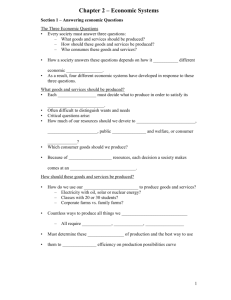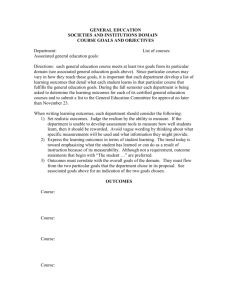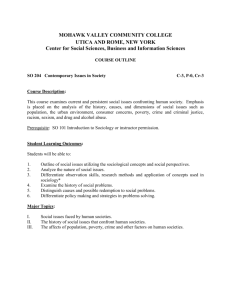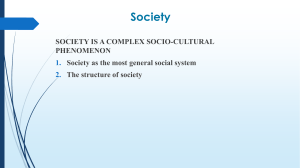Course Outline Guelph Collegiate Vocational Institute Department:
advertisement
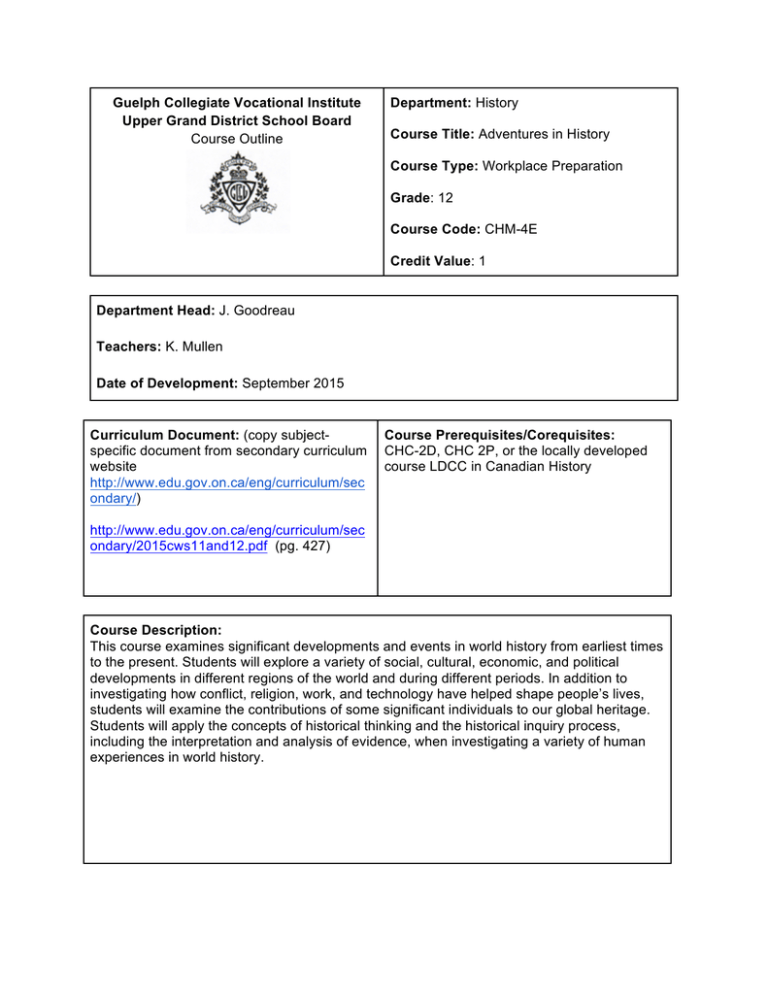
Guelph Collegiate Vocational Institute Upper Grand District School Board Course Outline Department: History Course Title: Adventures in History Course Type: Workplace Preparation Grade: 12 Course Code: CHM-4E Credit Value: 1 Department Head: J. Goodreau Teachers: K. Mullen Date of Development: September 2015 Curriculum Document: (copy subjectspecific document from secondary curriculum website http://www.edu.gov.on.ca/eng/curriculum/sec ondary/) Course Prerequisites/Corequisites: CHC-2D, CHC 2P, or the locally developed course LDCC in Canadian History http://www.edu.gov.on.ca/eng/curriculum/sec ondary/2015cws11and12.pdf (pg. 427) Course Description: This course examines significant developments and events in world history from earliest times to the present. Students will explore a variety of social, cultural, economic, and political developments in different regions of the world and during different periods. In addition to investigating how conflict, religion, work, and technology have helped shape people’s lives, students will examine the contributions of some significant individuals to our global heritage. Students will apply the concepts of historical thinking and the historical inquiry process, including the interpretation and analysis of evidence, when investigating a variety of human experiences in world history. Term Work (70% of the final mark) Unit Title, Big Ideas, and Unit Culminating Tasks Unit One: Pre-History Big Idea 1: The environment had a major impact on the location of societies as well as their material life Big Idea 2: Agriculture and trade were very important to the development of early societies - Evolution of modern humans - Paleolithic and Neolithic Ages - Cradles of Civilization Unit Two: Ancient Civilizations Big Idea 1: Conflict played a large role in the decline of many early societies Big idea 2: religion/spiritual beliefs and language were key aspects of the culture and heritage of early societies Big Idea 3: these societies left invaluable legacies to future generations, including us - Mesopotamia - Egypt - Greece (The Classical Age) - Rome Unit Three: The Middle Ages, Renaissance Big Idea: the daily lives of people in many societies underwent many changes - Western Europe’s feudal system and Crusades - Italian city-states usher back the Classical Age Unit Four: the Age of Discovery (1492) Big Idea: the European Age of Discovery had many intended and unintended consequences - Old World Countries: Spain, France, England, Holland, Portugal - New World countries: 13 colonies, New France, Mexico Unit Five: The New World Big idea: Both countries evolved in very different ways - USA: revolution, 1812, Civil War - Canada: New France, Native Canadians, BNA, 1812, Confederation Unit Six: Leading to the 20th Century Big Idea: Europeans refused to accept the status quo of their Absolutist rulers - Glorious Revolution (England) - French Revolution - German re-unification Unit Seven: 20th and 21st centuries Big Idea: technology has altered the way people lived and worked in this period Big Idea 2: the inability to settle conflicts led to a century of warfare - World War One - The Great Depression - World War Two - The Cold War - 9/11 Culminating Tasks/Exams (30% or the final mark) Course Culminating Task/Exams and Description Final Assessment: - 10% Historical topic PowerPoint Presentation - 20% Final Exam Based on the range of students’ learning needs, a selection from the strategies listed below may be utilized. Refer to list of teaching and assessment strategies. Teaching Strategies: - Historical information is transferred via projector notes and graphics - Course textbook provides thematic investigation into tragedies, natural disasters, kings and emperors, persecuted peoples - Chromebooks are used for on-line research - Historical movies are analysed for authenticity and perspective Assessment and evaluation strategies: Course assessment is based upon in-class assignments and weekly Friday quizzes Textbooks/Learning Resource Materials (align with Policy 603) - various textbooks, historical movies, and web sources Please refer to the GCVI Student Handbook for our school policies on: ● academic integrity ● late and missed assignments





